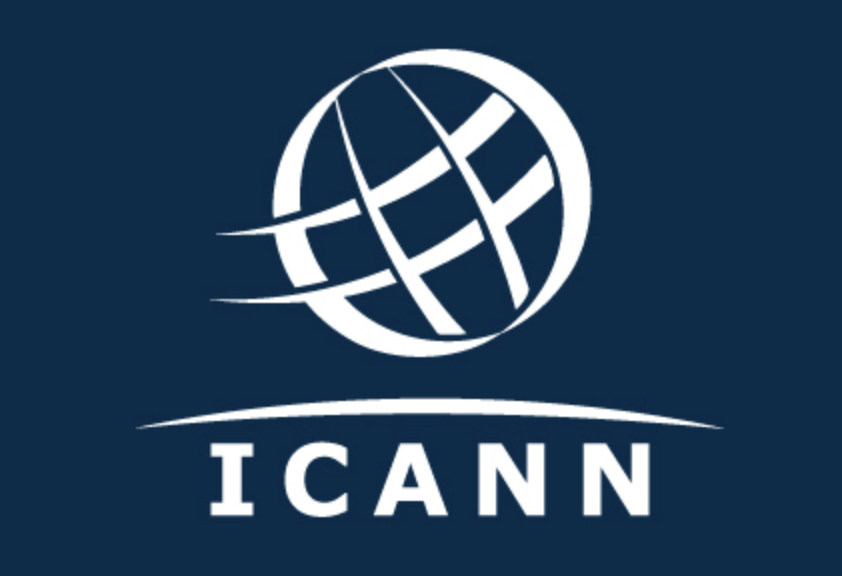- The GAC called for mandatory Registration Data Request Services (RDRS) and tighter timelines for urgent requests.
- ICANN’s preparations for the next gTLD round and RIR governance review face scrutiny over inclusivity, accountability, and efficiency.
What happened: ICANN83 highlight fractures in global internet oversight
Government representatives from across the globe met in Prague this June for the ICANN83 Policy Forum, where the Governmental Advisory Committee (GAC) issued its Prague Communiqué. The statement reflects four days of meetings with ICANN’s Board and stakeholders such as the At-Large Advisory Committee (ALAC), the Generic Names Supporting Organization (GNSO), and the Address Supporting Organization (ASO).
Discussions centred on key areas of internet governance, including access to registration data, urgent requests for information from law enforcement, and the review of the Registration Data Request Service (RDRS). The GAC also examined preparations for the next gTLD application round and changes proposed for the governance of Regional Internet Registries. These conversations underscored both the complexity and urgency of aligning ICANN’s policies with rising global expectations.
Also Read: AFRINIC elections 2025: ICANN is ‘inappropriate’, ‘unreasonable’ and ‘irresponsible’
Also Read: ICANN’s role in AFRINIC elections faces scrutiny, claims of interference
Why it’s important
The outcomes of ICANN83 point to rising pressure on the internet’s governance ecosystem. The GAC statement highlights growing concern about delays in implementing urgent request policies, inconsistencies in access to registration data, and the increasing threat posed by DNS abuse. As the next gTLD round approaches, questions remain about whether ICANN can adapt its policies quickly and effectively enough to respond to these challenges.
The review of RIR governance also adds a new layer of scrutiny, suggesting that demands for accountability and inclusivity are intensifying across the global internet infrastructure. In an era where digital spaces evolve rapidly, the ability of ICANN and its stakeholders to balance access, security, and accountability will have far-reaching implications. Will these reforms be implemented in time — and will they be enough?

